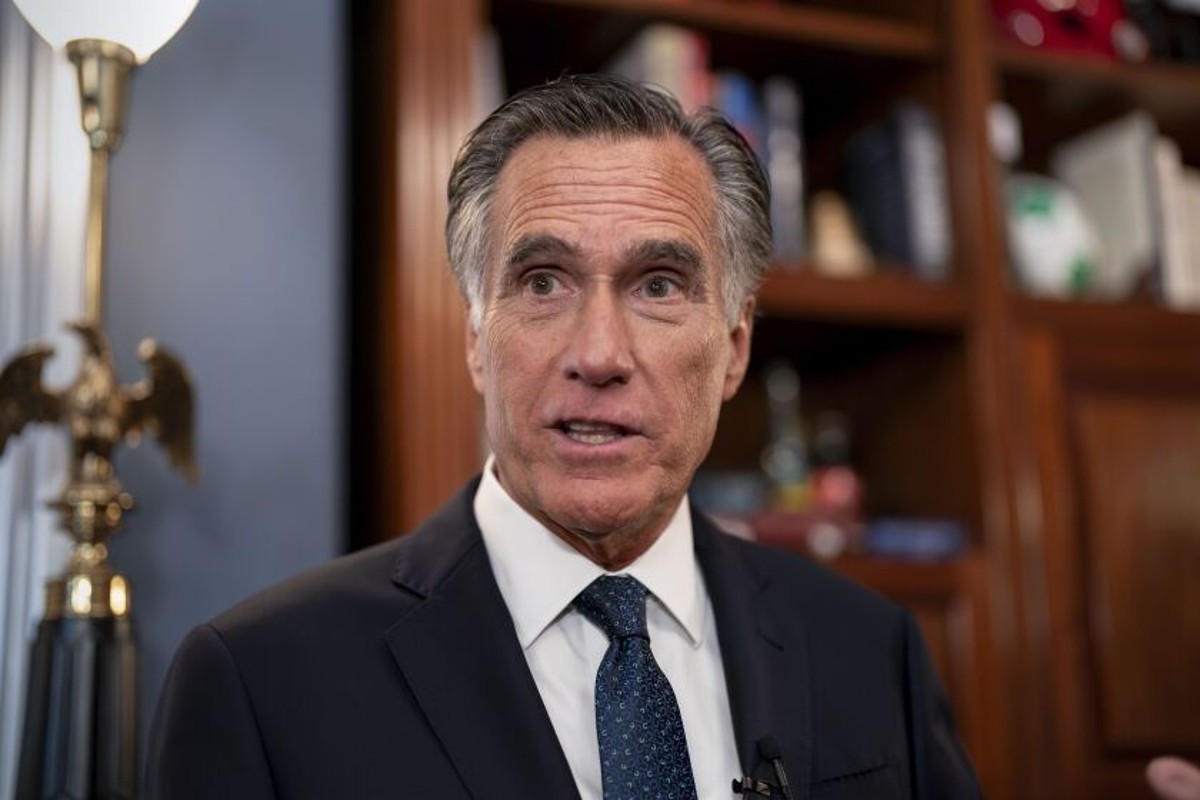Sen. Mitt Romney has announced that he will not be running for a second term in office. In a statement, he explained that he believes it is time to give someone else the opportunity to serve and bring new ideas to the table. He expressed his gratitude for the chance to represent the people of his state and emphasized his commitment to continue serving until the end of his term.
Factors Influencing Romney’s Decision
There are several factors that influenced Romney’s decision not to seek reelection. Firstly, he mentioned that he wanted to prioritize spending quality time with his family. After many years in public service, he felt it was important to dedicate more time to his loved ones.
Additionally, Romney highlighted the need for fresh perspectives and new voices in Congress. He believes that a healthy democracy requires a continuous flow of ideas and leadership from a diverse range of individuals. By stepping aside, he hopes to encourage new candidates to step up and contribute to the political discourse.
Furthermore, Romney cited the current political climate as a factor in his decision. He expressed concern about the increasing polarization and division in Washington, D.C. and the potential challenges it may pose for effective governance. By stepping aside, he hopes to make space for individuals who may have a better chance at bridging the partisan divide.
Overall, Romney’s decision not to seek reelection is driven by a desire to prioritize family, encourage new voices, and address the growing challenges in the political landscape.
Romney’s Political Background
Mitt Romney is a well-known figure in American politics, with a career that spans several decades. He was born on March 12, 1947, in Detroit, Michigan. Romney is a member of the Republican Party and has served in various political positions, including as the Governor of Massachusetts from 2003 to 2007.
Romney’s Previous Presidential Campaign
In 2012, Romney ran as the Republican candidate for President of the United States. Although he ultimately lost to incumbent President Barack Obama, his campaign showcased his experience in both the public and private sectors. Romney’s platform focused on economic policies, job creation, and reducing government spending. While he faced criticisms and controversies during his campaign, it is undeniable that he brought significant attention to his policy proposals and leadership qualities.
Romney’s Reputation as a Bipartisan Negotiator
One notable aspect of Romney’s political career is his reputation as a bipartisan negotiator. Throughout his time in public office, he has demonstrated a willingness to work across party lines and find common ground on important issues. This approach has earned him respect from colleagues on both sides of the aisle and has positioned him as a voice of reason and moderation in a highly partisan political environment.
Romney’s Stance on Former President Trump
Romney has been a vocal critic of former President Donald Trump, particularly on issues related to Trump’s behavior, ethics, and character. Despite being a member of the same political party, Romney has not hesitated to condemn Trump’s actions when he believes they are harmful to the nation’s democratic institutions and values. This willingness to speak out against his own party’s leader has further solidified Romney’s reputation as an independent thinker and principled politician.
Romney’s Future Plans
Not Retiring from the Fight
After serving as a senator and presidential candidate, many may assume that Mitt Romney would want to enjoy a peaceful retirement. However, Romney has made it clear that he is not ready to step out of the political arena just yet. In fact, he has expressed his determination to continue fighting for causes he believes in.
One of the main reasons why Romney is not retiring is his desire to make a difference. Throughout his career, he has been known for his willingness to stand up for what he believes is right, even if it means going against party lines. He has shown a commitment to tackling important issues such as climate change, income inequality, and affordable healthcare.
Making Way for New Voices
While Romney continues to be actively involved in politics, he also recognizes the importance of giving a platform to new voices and fresh ideas. He believes that the Republican Party needs to adapt and evolve in order to remain relevant and appealing to a changing electorate.
In his efforts to make way for new voices, Romney has been seen endorsing and supporting younger candidates who share his vision and values. He believes that by encouraging new leaders to step forward, the party can rejuvenate itself and connect with a wider range of voters.
In conclusion, Mitt Romney’s future plans involve staying in the political fight and championing causes he cares deeply about. At the same time, he is actively working to pave the way for new voices to bring fresh perspectives and ideas to the forefront of the Republican Party.


